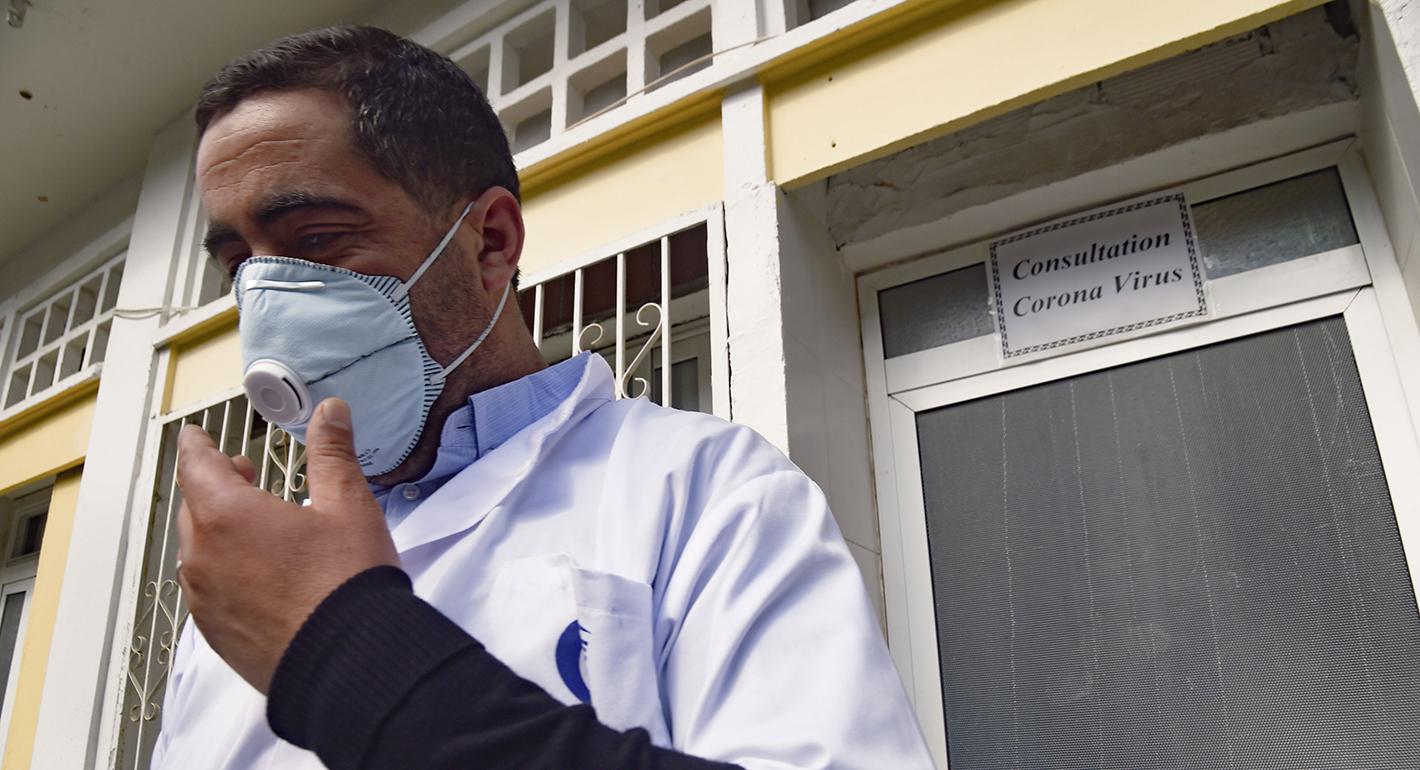Source: Middle East Institute
Even as a growing number of Arab and African states look to the International Monetary Fund (IMF) for assistance to help counter the economic fallout of the coronavirus pandemic, Algeria has made it clear it will not follow suit. Despite the fiscal challenges, economic crisis, social unrest, and public health emergency, President Abdelmadjid Tebboune has insisted that Algeria will not seek a loan to ease the country’s socio-economic woes. Tebboune declared that “accumulating debt harms national sovereignty” and will weaken the country’s position toward the Palestinian cause and the Western Sahara issue.
He also recalled Algeria’s bad experience in the 1990s with the IMF Structural Adjustment Plan (SAP) and explained that he prefers “to borrow from Algerian citizens, rather than the IMF or World Bank.” Beyond the long-overdue promises to diversify the economy, Tebboune’s crisis response package involves a 50 percent cut in public spending and investments, a $10 billion reduction in imports, as well as efforts to expand the use of banking services by those working in the informal sector, which accounts for 45 percent of the gross national income (GNI).
These measures will do little to support an already frail Algerian economy, however, and the situation is only likely to get worse. The uncertainty about the country’s fiscal future and the threat to stability that it brings comes at a particularly difficult time politically. Significant questions remain about the political back and forth between the peaceful popular protest movement known as Hirak and the country’s leadership. Adding to the political impasse are the issues of Tebboune’s own legitimacy and the loss of equilibrium between the president, the military, and the intelligence services.
This article was originally published on The Middle East Institute.





